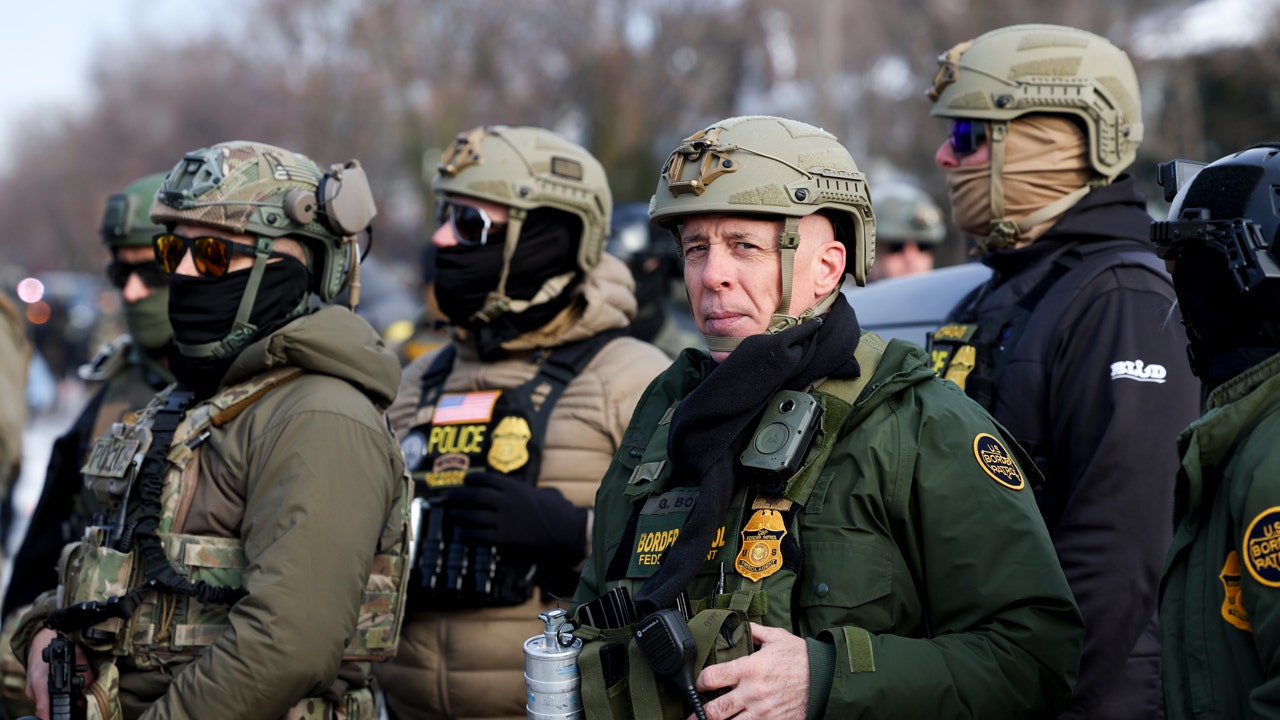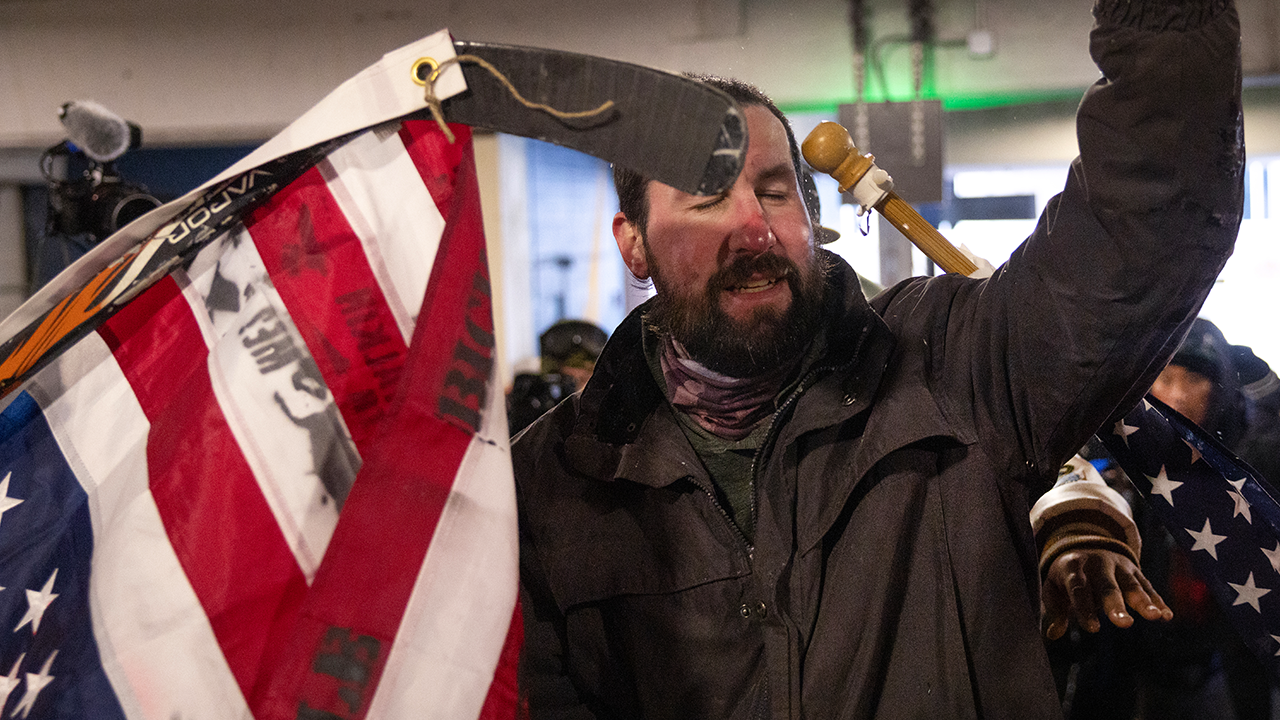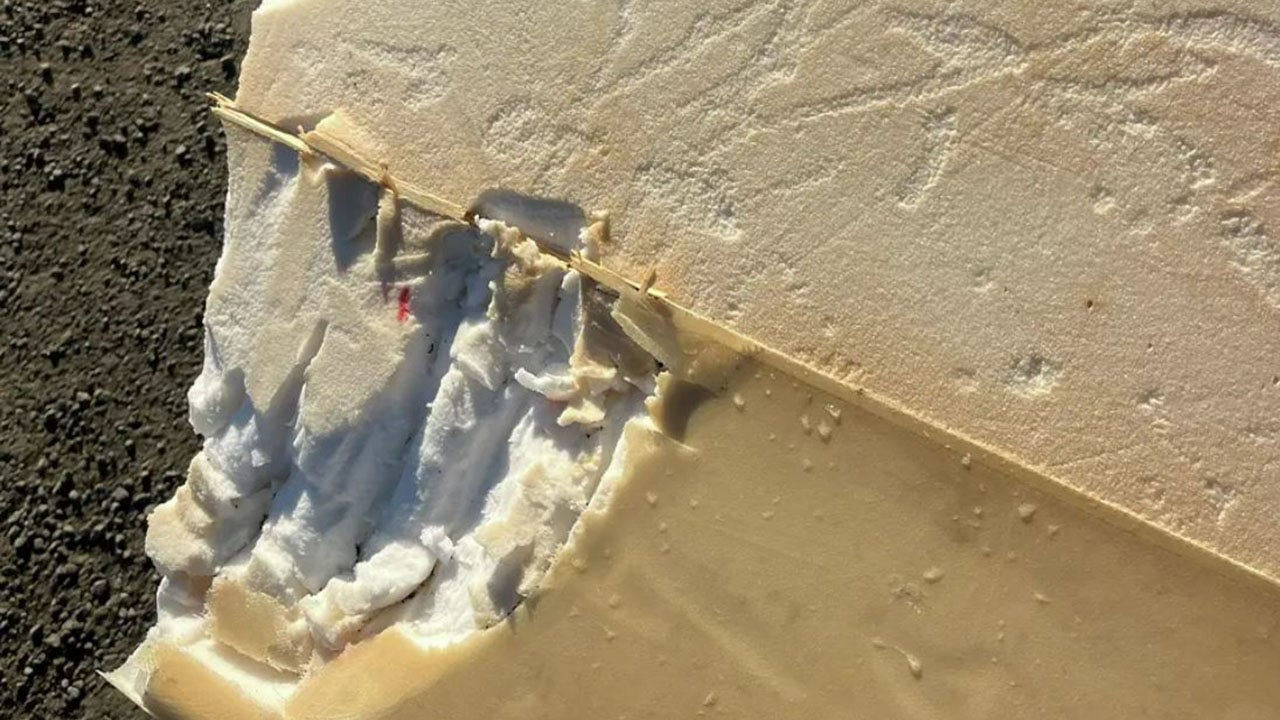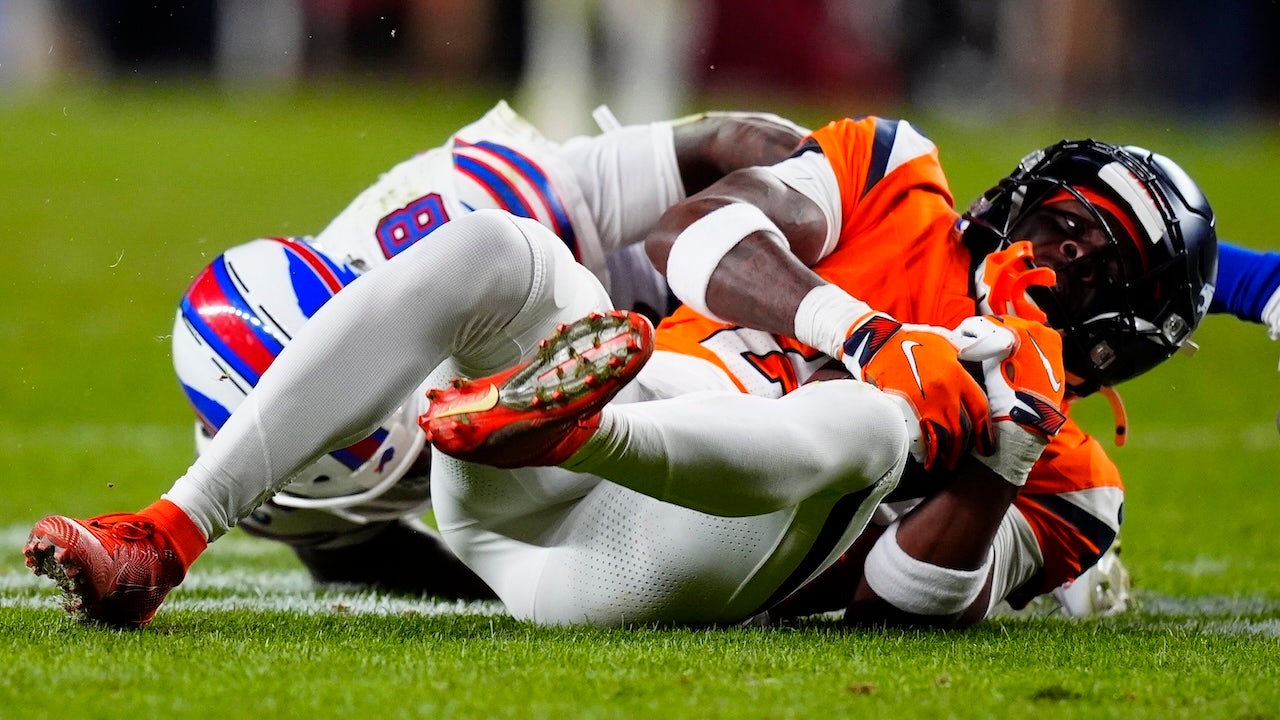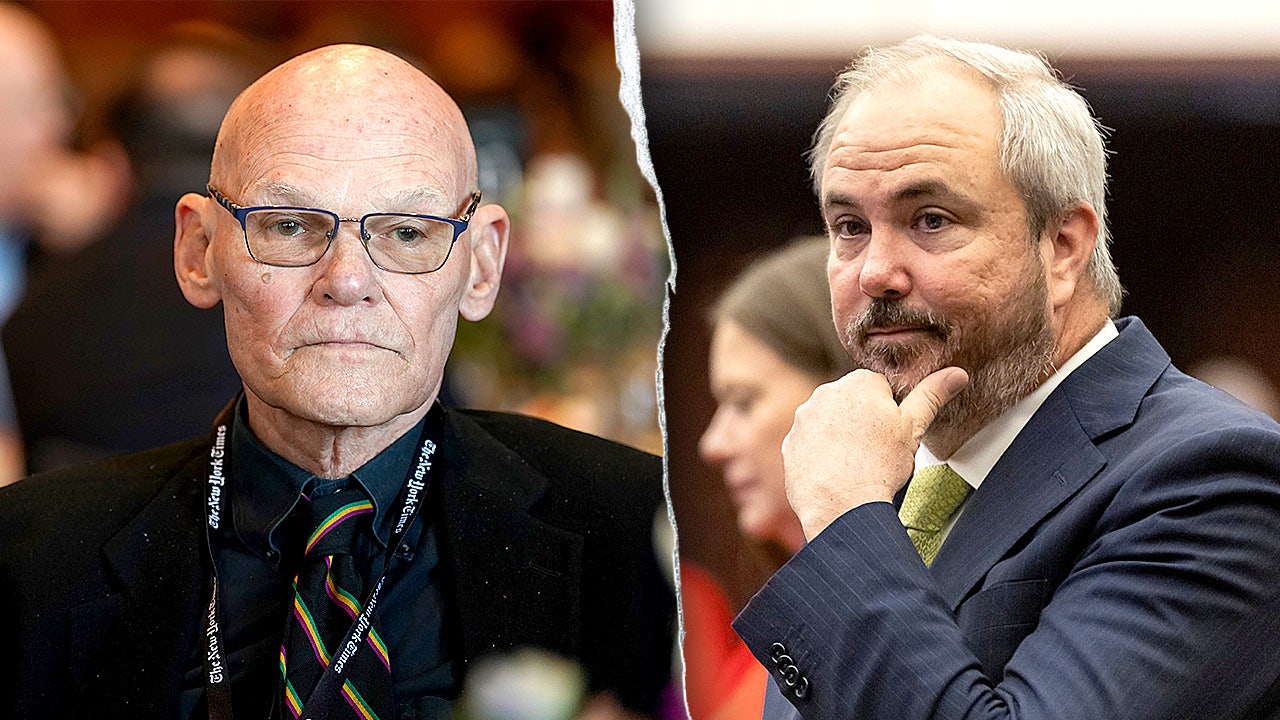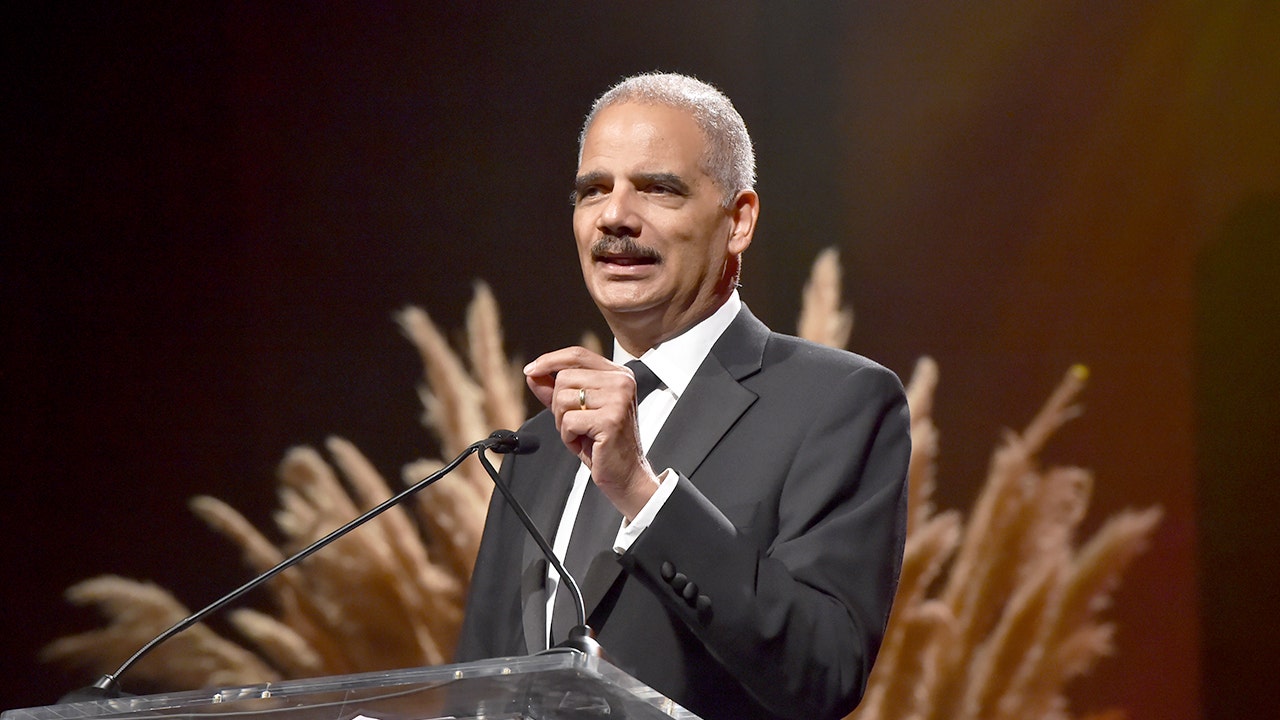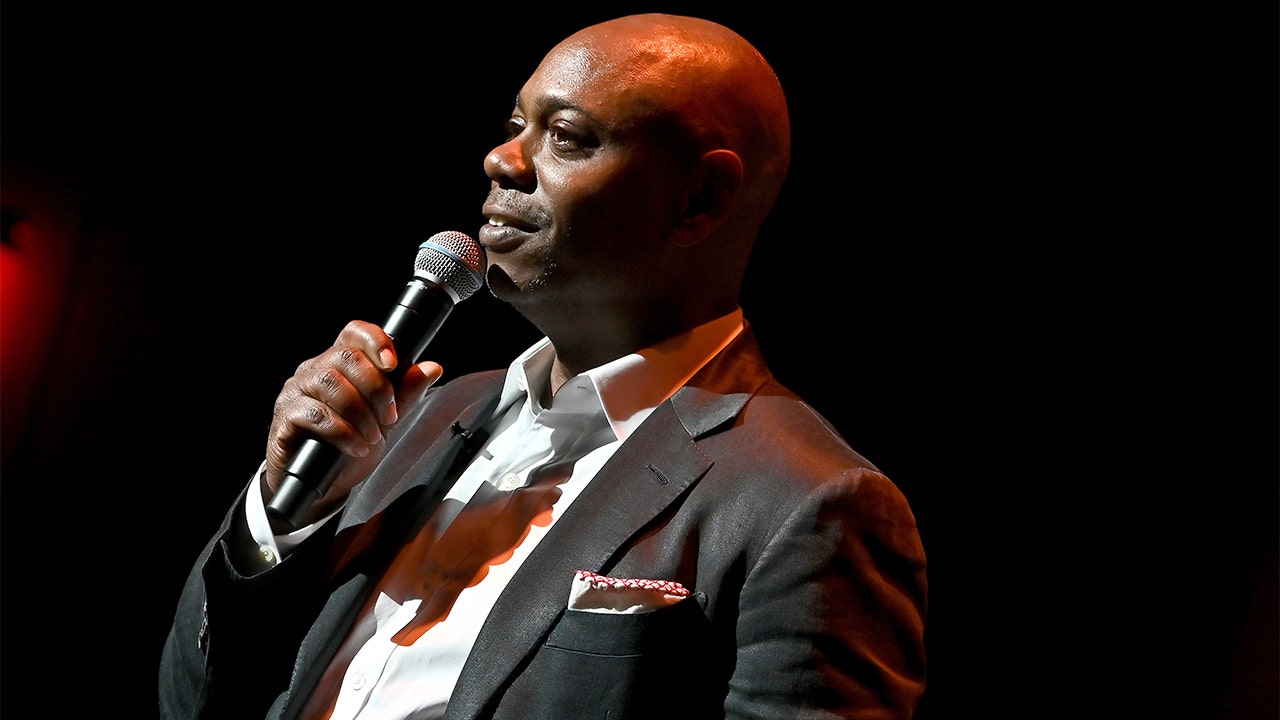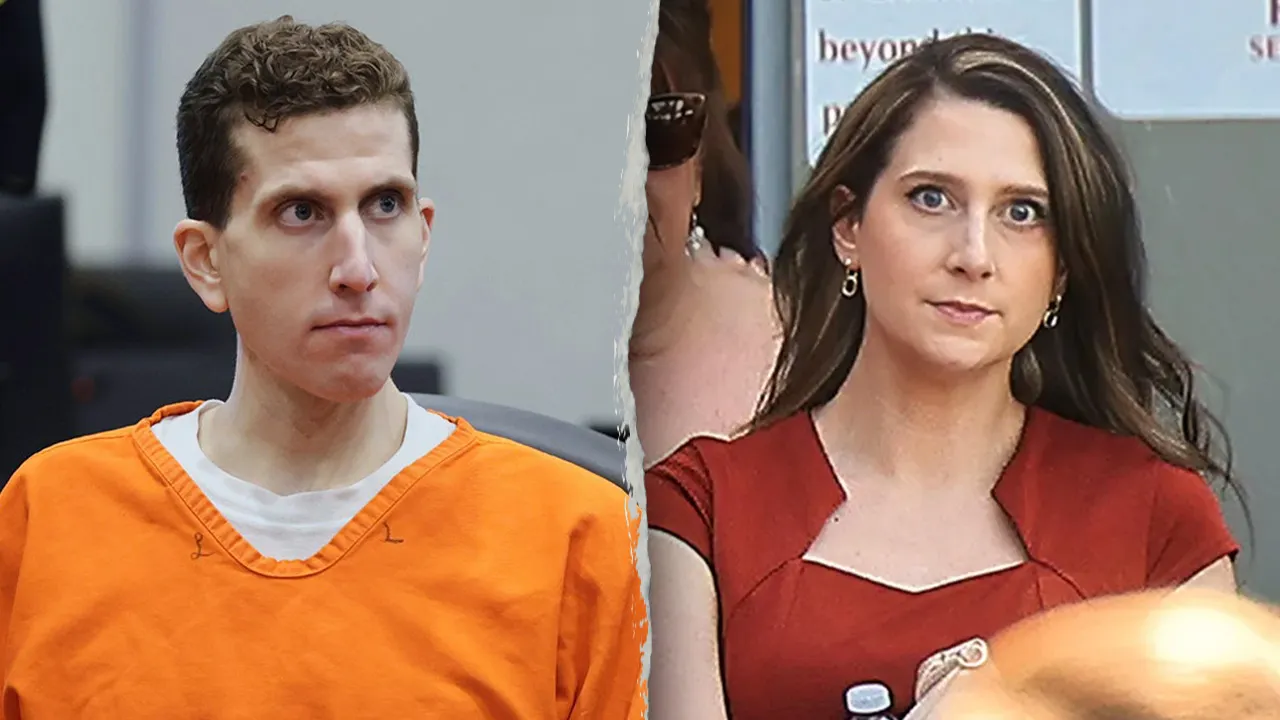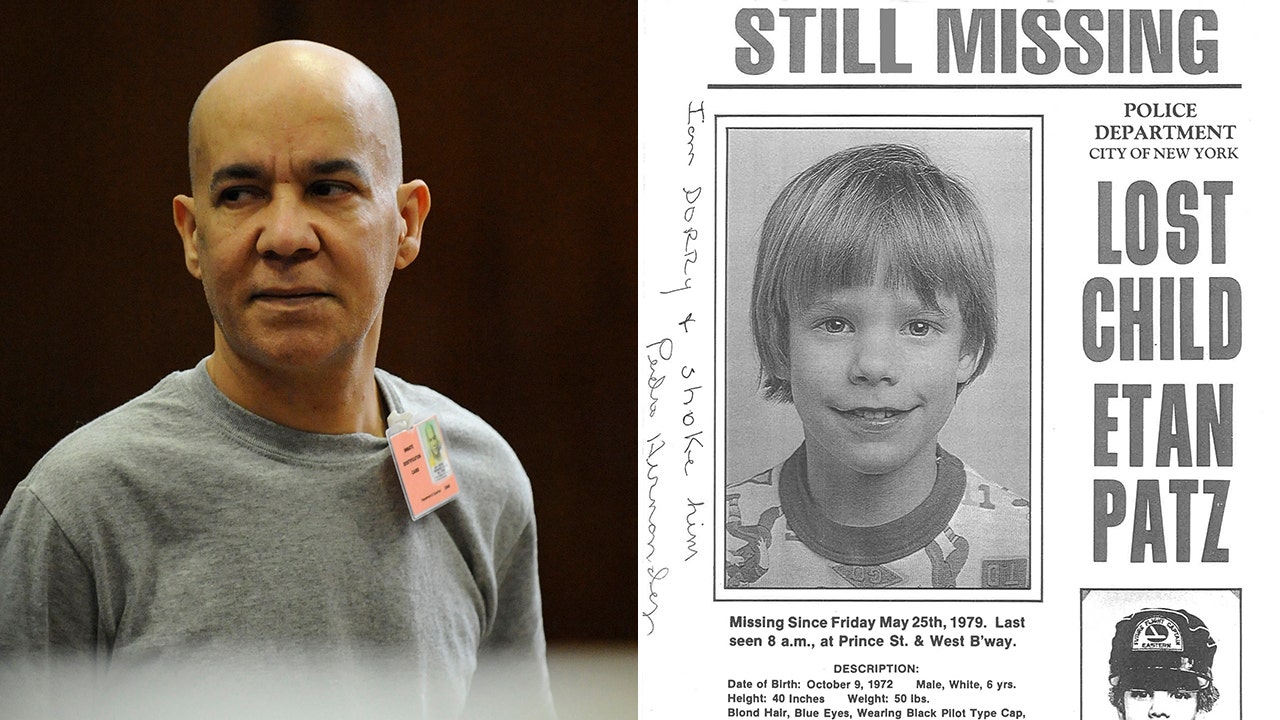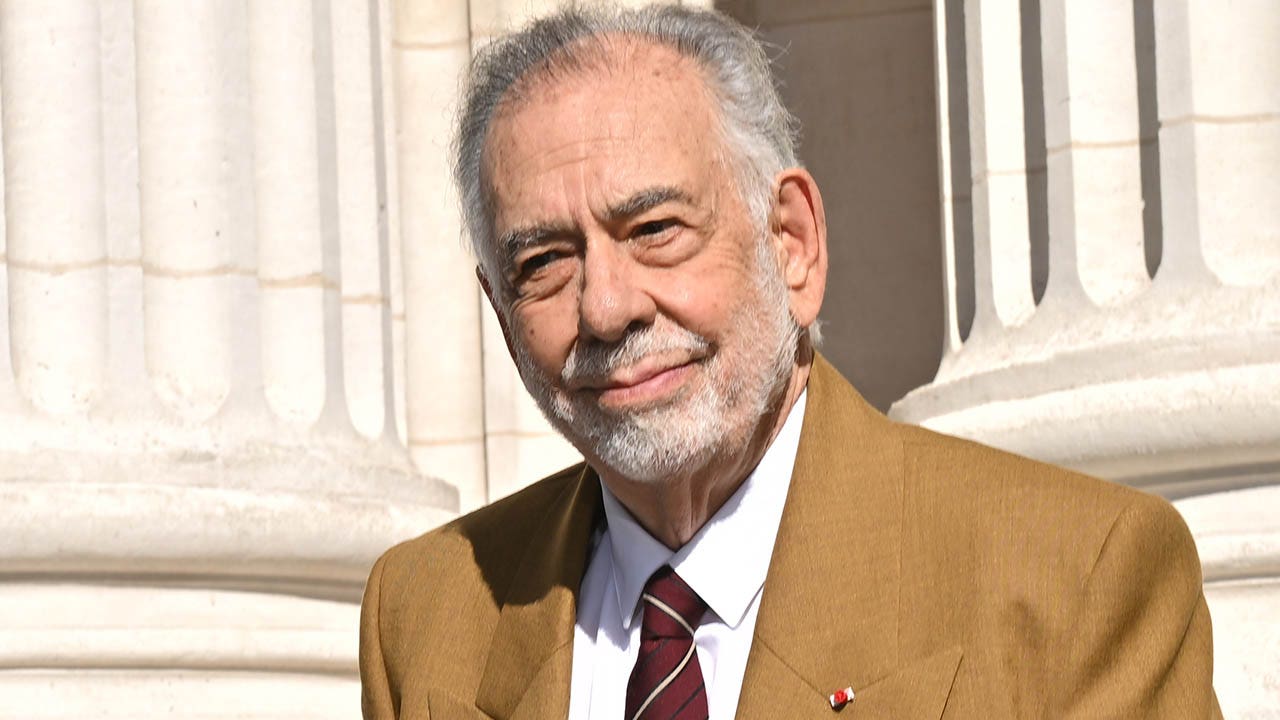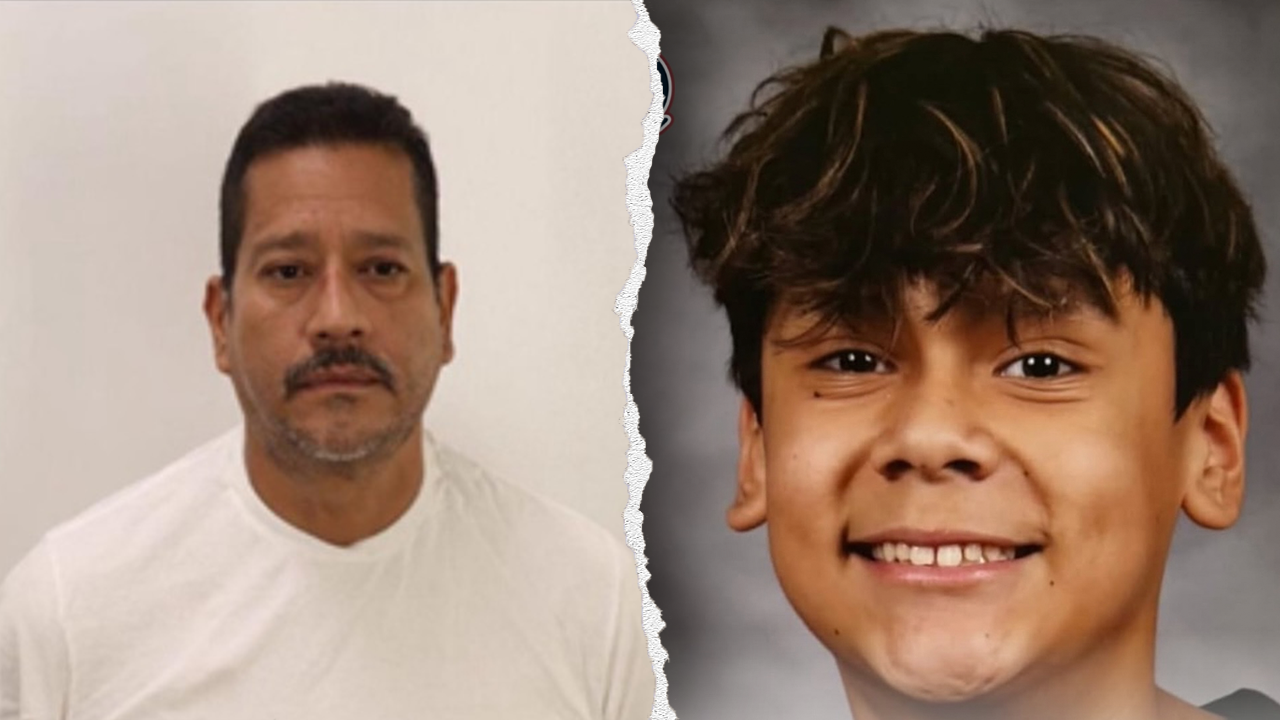NEWYou can now listen to Fox News articles!
In the years before Ted Kaczynski's name became synonymous with his title as the "Unabomber," he was tapped for an intense psychological experiment that has left experts with questions regarding its potential impact on his nearly two-decade career as a notorious criminal.
Kaczynski was just 16 years old when he enrolled at Harvard University in 1958, marking a significant milestone in the teenager’s life. However, it was at the prestigious university where he was selected to partake in a three-year-long psychological study that may have changed the trajectory of his life.
After investigators uncovered that Kaczynski was the mastermind behind a series of bombings that killed three people and injured 23, they focused their attention on the experiments conducted by psychologist Henry A. Murray on the impressionable teenager studying at Harvard, according to History.com.
"[Kaczynski] was very vulnerable because of his age and all," Dr. Ann Wolbert Burgess, pioneer of the FBI's Behavioral Science Unit, told Fox News Digital. "So I think it would affect him. I think it did affect him."
SUSPECTED UNITEDHEALTHCARE CEO ASSASSIN DRAWS UNABOMBER COMPARISONS
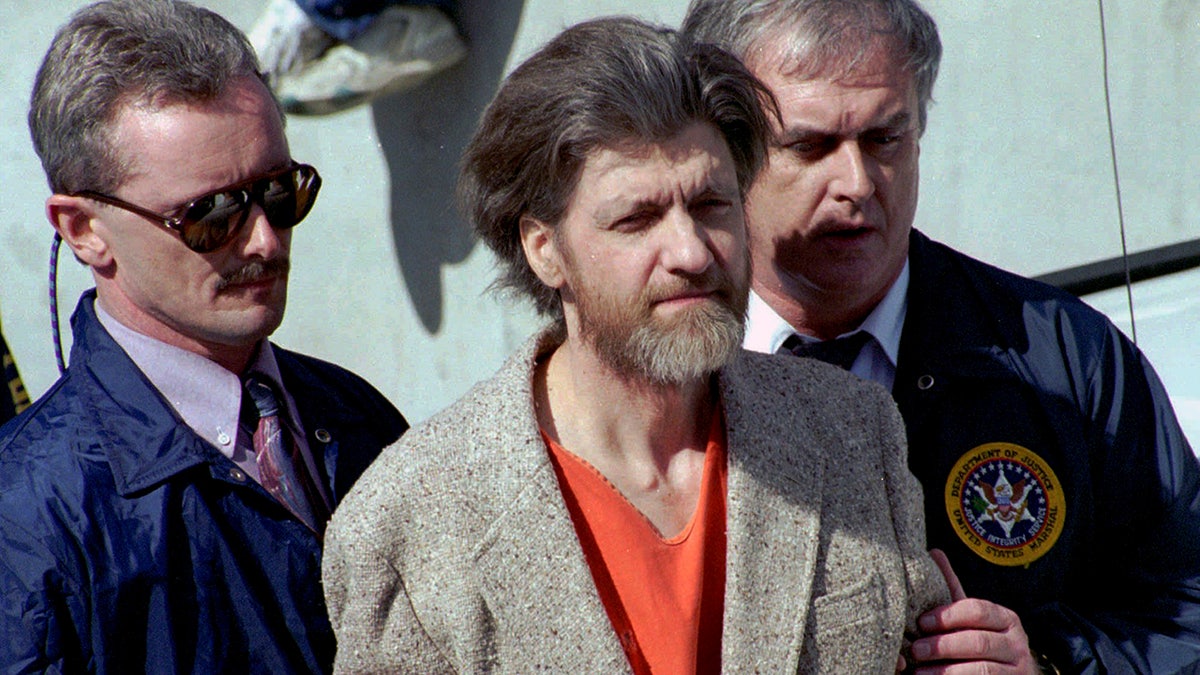
Theodore "Ted" Kaczynski is flanked by federal agents as he is led to a car from the federal courthouse in Helena, Montana on April 4, 1996. (AP Photo/John Youngbear, File)
At the time, Murray had reportedly enlisted 22 students to partake in his research of the human psyche – a popular point of interest during the Cold War. The group of Ivy Leaguers were tasked with writing a comprehensive essay detailing their own personal philosophies, beliefs and worldviews in the first portion of the study.
However, the experiment quickly escalated.
Once each student submitted their essay, they were wired to electrodes and seated in front of bright lights, according to History.com. Murray would then reportedly instruct his team to belittle each student's ideals, while subjecting them to what he described as "vehement, sweeping, and personally abusive" interrogations.
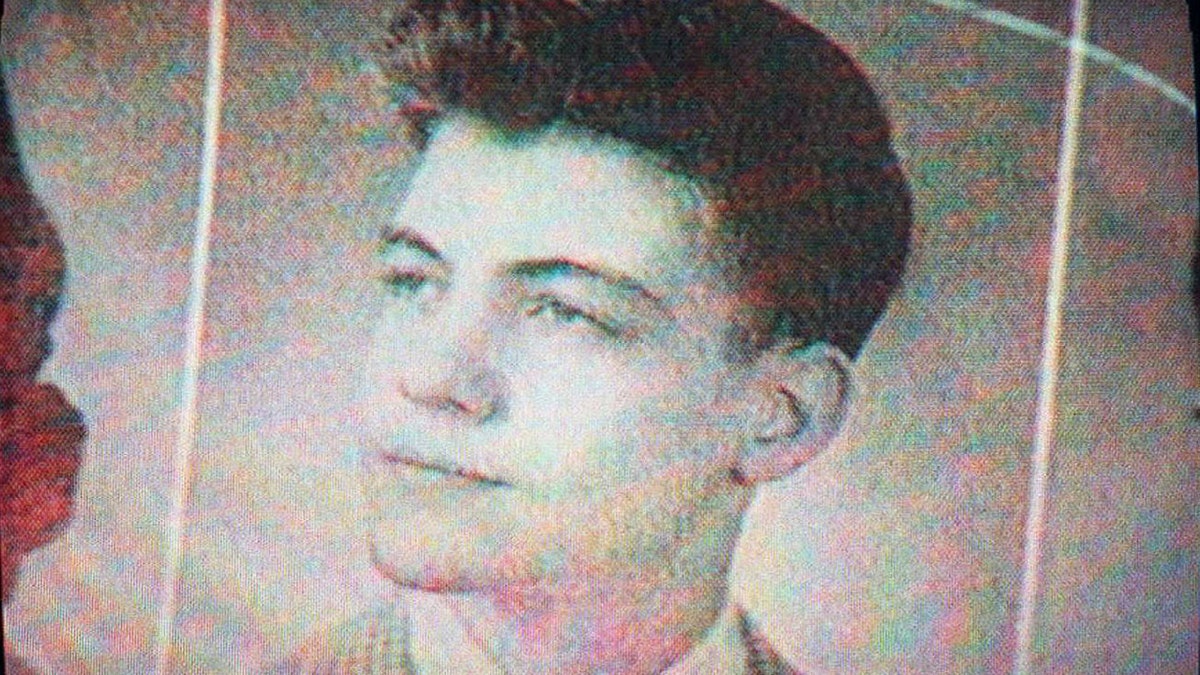
A screenshot shows a high school yearbook photo of Ted Kaczynski from Evergreen, Illinois in 1958. (WBBM-TV/AFP via Getty Images)
Participants were reportedly not fully informed by Murray regarding the nature of the experiment, which was to study useful interrogation techniques that could be used by national security agents and other law enforcement officials while in the field.
"It was clearly not ethical to do research and not to tell people, and especially to do the research where they hooked them up to electrodes," Burgess said. "I mean, now I understand what they were trying to do to see if the heart rate, blood pressure and all that would increase. So they got some measures – some hard measures – but evidently this was allowed over at Harvard and the way Murray played it, this was OK."
Burgess also added that Murray was not treating his subjects fairly while they were undergoing the experimentation, ultimately violating a string of modern ethical standards.
BRYAN KOHBERGER FLEXED LIKE 'AMERICAN PSYCHO' AND SPENT CHRISTMAS NIGHT READING ABOUT SERIAL KILLERS
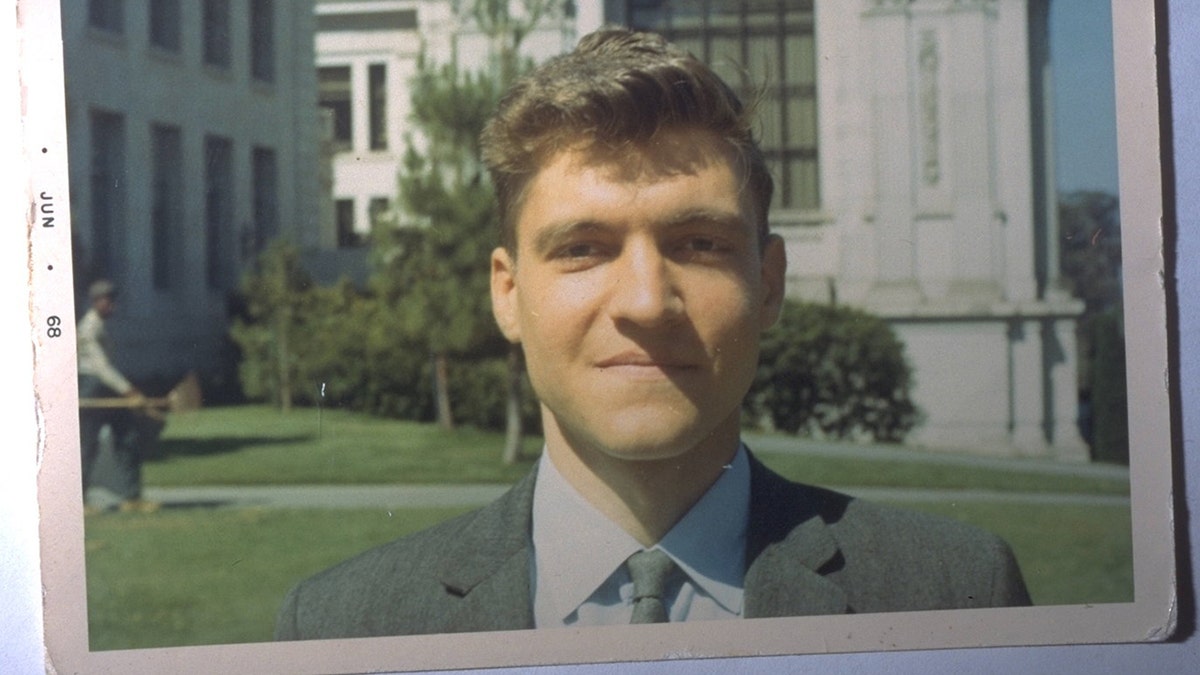
Ted Kaczynski poses outdoors at the University of California in Berkeley, in June 1968. (Sygma/Sygma via Getty Images)
"One of the whole points is that you can't do research that doesn't in some way compensate the person in some manner," Burgess told Fox News Digital. "You don't have to pay them, but you can compensate them in another way – so that always has to be part of the exchange."
However, Murray’s research did not violate any conduct codes governing psychological research at the time, according to History.com. His study reportedly fell under the Nuremberg Code of research ethics, non-legally binding standards that were established at the end of World War II at the Nuremberg Trials.
Despite the lack of ethical guardrails, Burgess insists the overall nature of the experiment was detrimental to its participants.
SIGN UP TO GET THE TRUE CRIME NEWSLETTER
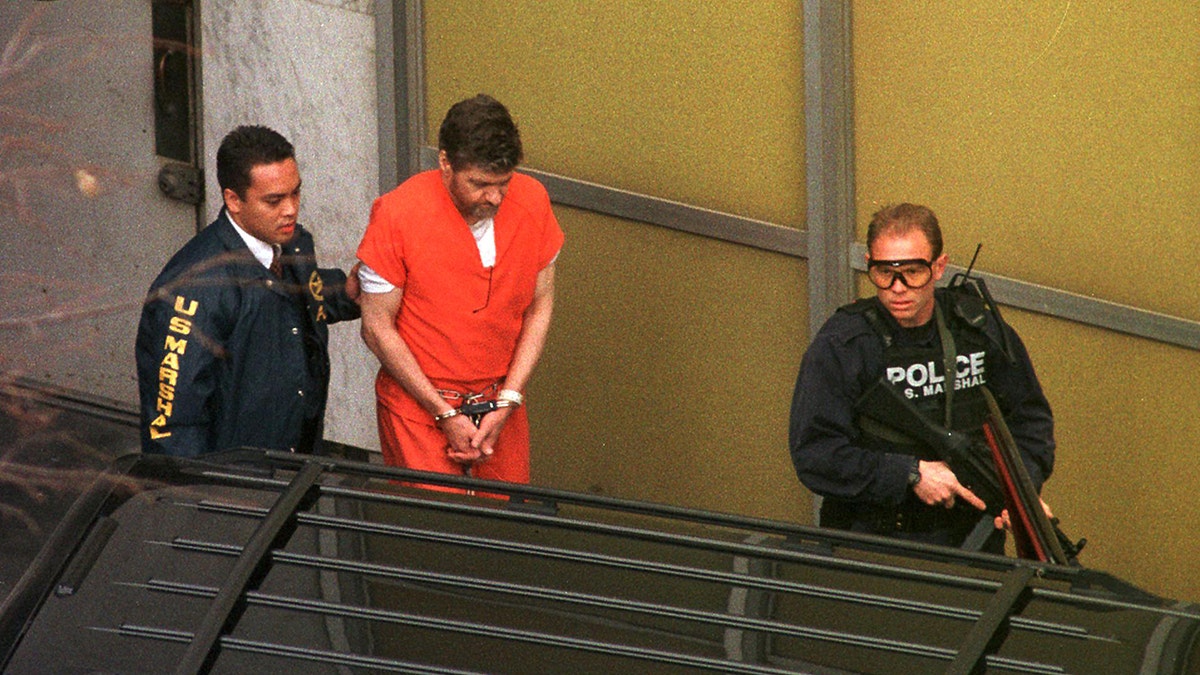
Ted Kaczynski is escorted by armed U.S. Marshals outside a federal courthouse in Sacramento, California on Jan. 8, 1998. (Rich Pedroncelli/AFP via Getty Images)
"[Studies] can't be harmful," Burgess said. "You're not there to injure, and certainly what Murray and his crew were doing was injurious."
"To call them names, derogatory names, or to say that their work wasn't worthwhile – these were students. Their whole being, at that particular point in their development, is academics and knowledge. They were being demeaned for that, or devalued for that in this critical time."
Harvard University did not respond to Fox News Digital’s request for comment.
FOLLOW THE FOX TRUE CRIME TEAM ON X
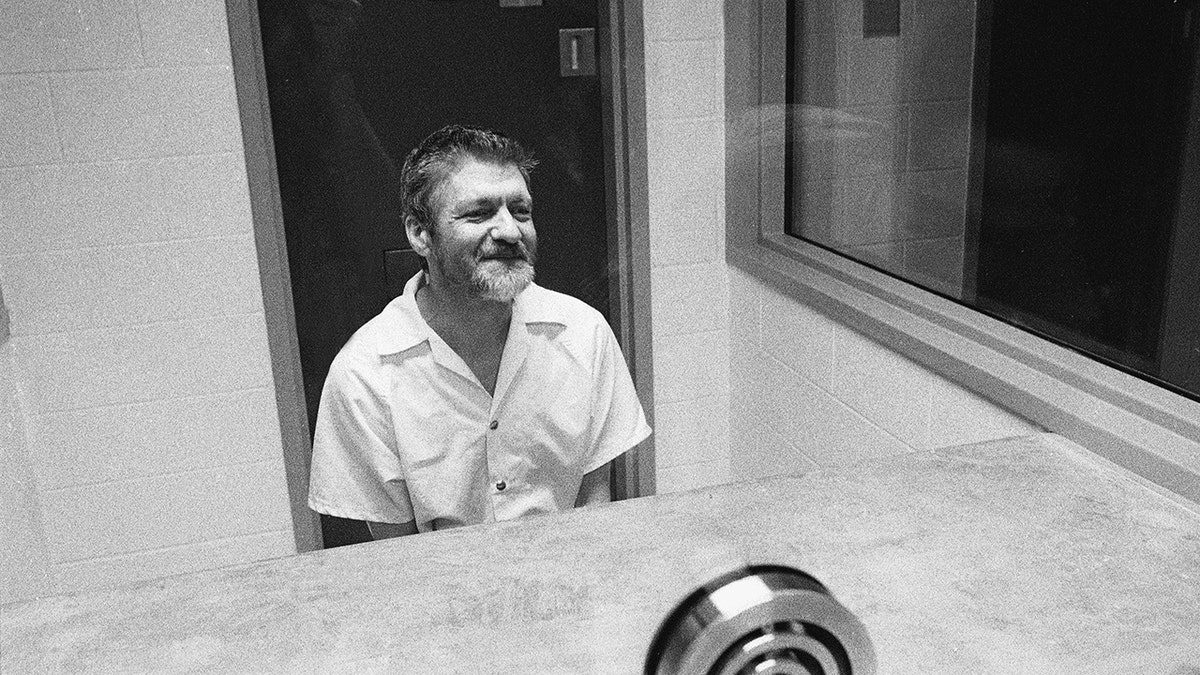
Ted Kaczynski sits and smiles during an interview in a visiting room at the Federal ADX Supermax prison in Florence, Colorado on August 30, 1999. (Stephen J. Dubner/Getty Images)
As investigators worked to unravel the life of Kaczynski, his arrest led to Murray’s professional reputation being marred by the details of the unorthodox experiments conducted three decades earlier. However, despite Murray’s death in 1988, his research reportedly remains prevalent in modern psychological examinations.
Kaczynski was later diagnosed with schizophrenia, and in 1998, pleaded guilty to charges stemming from his 17-year bombing rampage. He died inside his cell at a federal prison medical center in Butner, North Carolina in 2023, in what was ultimately ruled a suicide, according to The Associated Press.
CLICK HERE TO DOWNLOAD THE FOX NEWS APP
However, the question regarding whether Murray’s intense experimentation on Kaczynski exacerbated his mental condition in a way that drove him to commit nearly two-decades of heinous crimes remains unanswered, with experts left to only speculate on the long-term impacts of the study on such a young, fragile mind.
"Did any of this affect him?" Burgess said. "Evidently, his defense lawyers at his trial wanted to make the argument that this did affect his thinking – and it very well could have."
The Associated Press contributed to this report.
Julia Bonavita is a U.S. Writer for Fox News Digital and a Fox Flight Team drone pilot. You can follow her at @juliabonavita13 on all platforms and send story tips to [email protected].





